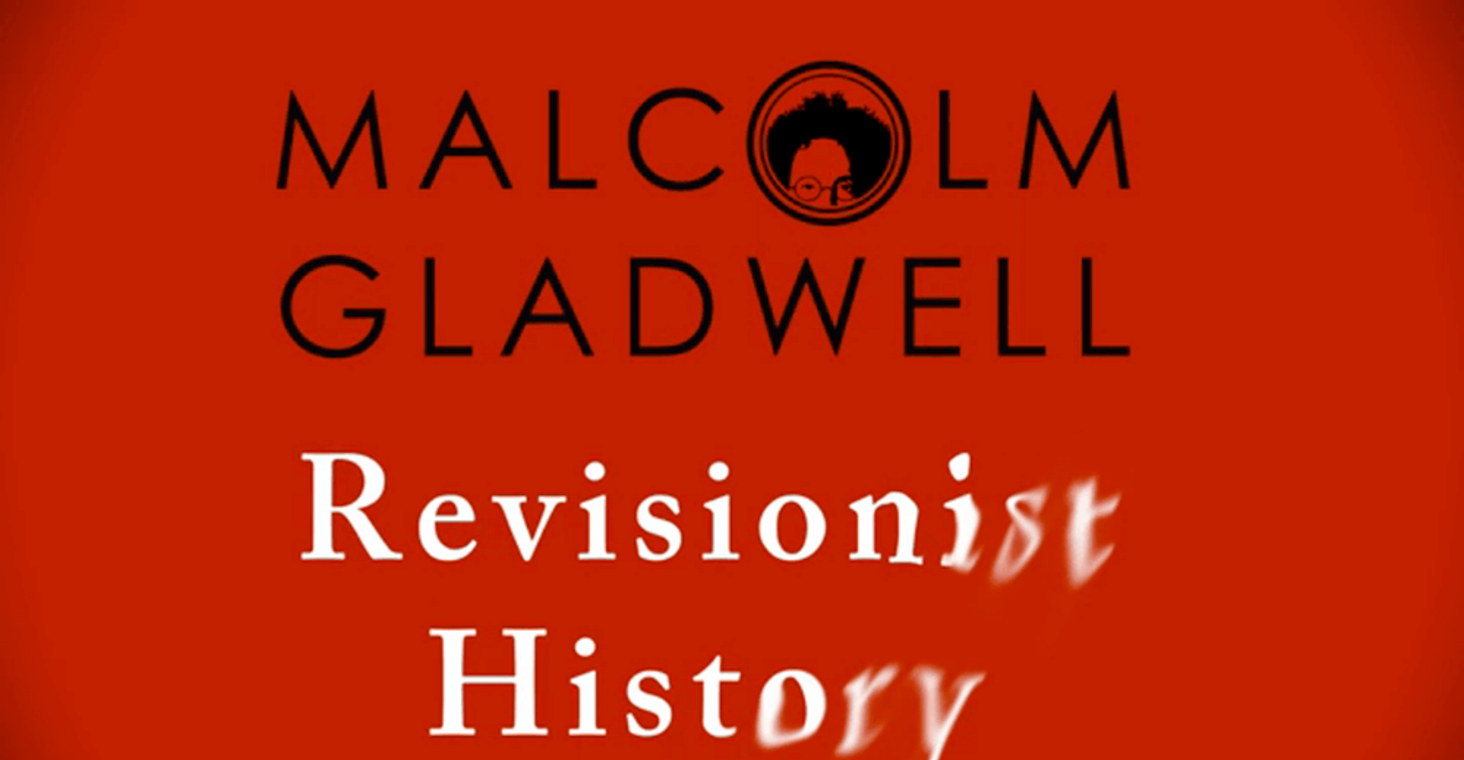Essential Question: Should scientists be allowed to study the remains of indigenous peoples?
Engage: What would you think if a scientist dug up the remains of an ancestor to study?
- Vocabulary Activity: There are 7 vocabulary words the students will define using their
- On occasion, archaeologists have dug up the remains of ancient Native Americans.
- Should scientists be allowed to study these remains?
- Native Americans feel such remains should be immediately reburied according to Native
- Scientists worry that if reburied, the remains will deteriorate and lose their value
Explore:
Elaborate:
- The Kennewick Man Finally Freed to Share His Secrets Smithsonian.com Sept. 2014
- Easy to read copy of above article.
- Kennewick Man Wikipedia Article
Evaluate:
- How did this story evolve over time?
- What eventually happened to Kennewick Man?
- What should have been done with the remains?
- What would you want to have done with the remains if they were your ancestor?
- According to the map below, what indigenous people group use to live here in southwest Missouri?
- What should you do if you find the remains of an indigenous person?
 |
| https://commons.wikimedia.org/wiki/File:Early_Localization_Native_Americans_USA.jpg |
Extension:
- Who Owns the Past? Documentary (56:14)




